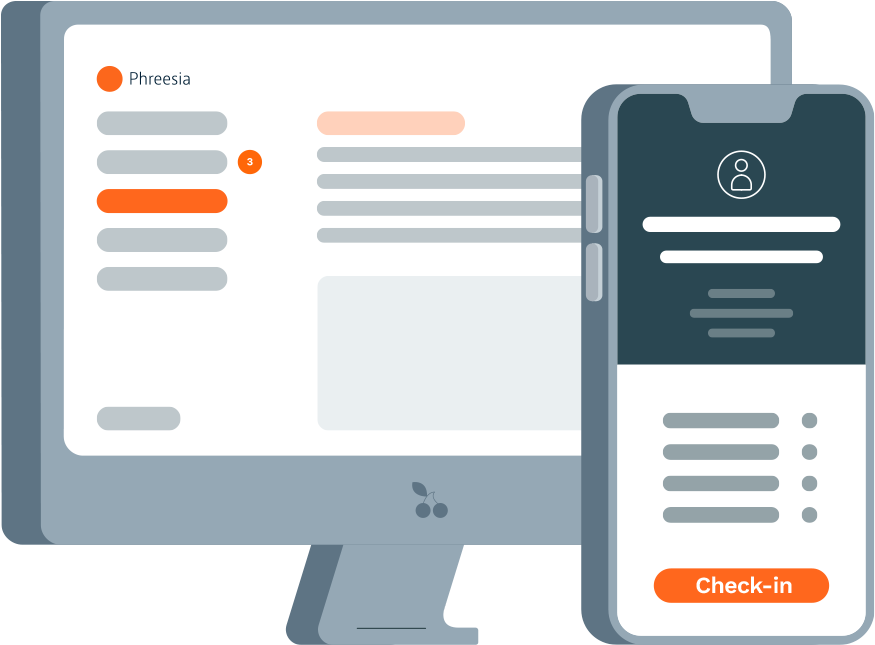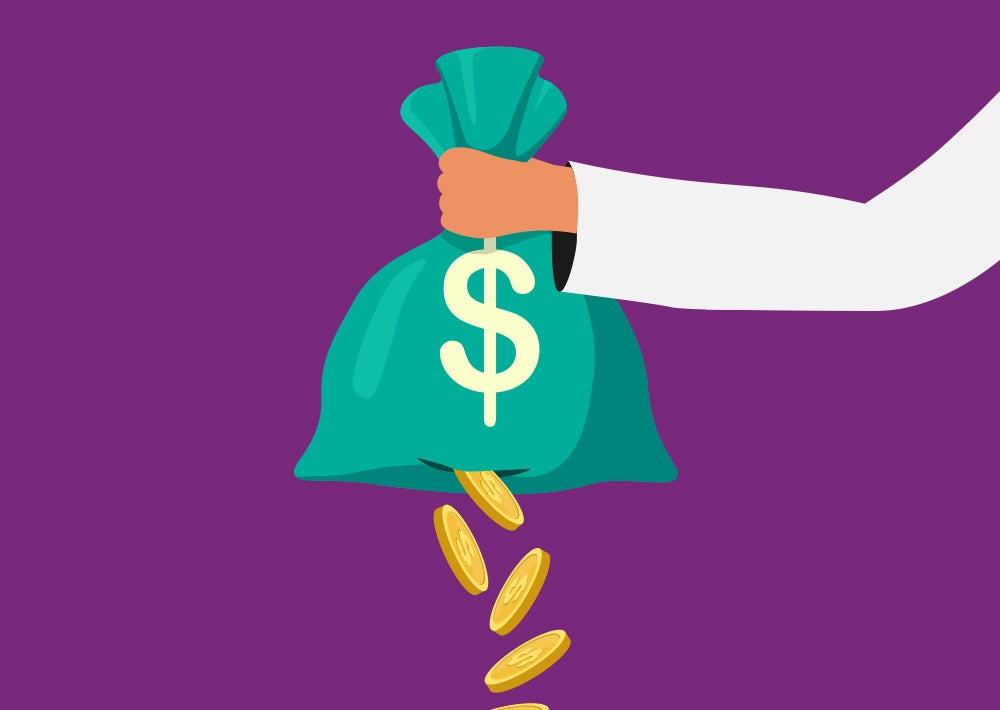This post originally appeared on the blog of our partner, Azalea Health (post linked here), and was reprinted here with their permission.
Rural communities not only grapple with higher rates of diabetes, heart disease, and obesity, but they are also challenged with inaccessibility to convenient health care. Additionally, the opioid crisis has devastated many rural communities, with only 1 in 3 rural adults feeling that it would be easy to access care for drug addiction in their community. Only 2 in 5 think that care is even accessible or effective. Promoting your RHC can decrease the mortality rate of community members who do not usually seek treatment, those who struggle with addiction, or those who are not aware of their illnesses. Also, RHCs tend to have more elderly patients. While the ‘over 65’ demographic makes up less than 14 percent of the nation’s population, the same group makes up 18 percent of people living in rural communities. Services like telehealth can be promoted, which can cater to this large elderly population, or to patients that live in remote areas.
Access to wellness equals a healthier community overall, which is always the end goal. With these five ideas, you can start promoting your RHC and continue to make a positive impact in your community.
1. Design a website
Today, Americans spend more time on the internet and on their devices than they do watching television.
Thus, websites are a great way to generate market awareness. Because patients live far away, they may have reservations about making a long trip to your clinic if they do not understand the scope of services that you offer.
One study found that the average rural patient must drive 34 minutes to their nearest clinic. Patients should feel informed, and therefor comfortable enough to access you. With all this in mind, a website will allow patients to be properly educated about your services and know your clinic before they must make the trip. Websites are a place to tell your RHC’s story. You will want to cater the website to your community. If you are located in a small town, use this website as a way to make the town feel included, and feel like a part of your clinic. One way might be to put friendly photos and information about your staff on the website. Let people get to know the staff and thus your RHC. Lastly, make sure that your website is mobile responsive. Since internet access in rural communities can be tricky, many patients might be accessing your website via their phone or mobile device.
Does making a website seem daunting? It doesn’t have to be. Instead of starting from scratch, you can use free website builders online. For example, Wix, Squarespace and WordPress are good sites that are easy to use.
2. Create in-person opportunities
One of the simplest ways to promote within your community is through in-person events. We realize that during this Covid-19 pandemic, in person opportunities might not be possible. That said, consider alternate means to create live interactions such as hosting Zoom events or live webinars. People will appreciate the time and effort your RHC puts into reaching out to the public. Effective events are ones that educate the rural community about your RHC and about their health concerns.
Here are a few ideas:
- Lunch-and-learn: “Lunch-and-Learns” are one great way to meet. A “Lunch-and-Learn” is a program where your physician invites people from your community to eat lunch in a group setting. It is an educational opportunity to discuss health issues and services at your RHC. Some topics might include diabetes, hypertension, exercise, drug abuse, or a general health program. At the Lunch-and-Learn, have light, healthy prepared food like soup and sandwiches. Engage with the attendees and allow for questions. This lets them meet you in person, learn about their health, and feel that you care about the community.
- Community groups: Try sending a physician into local community groups to speak. Like the Lunch-and-Learn, this would be a similar educational experience. For example, a physician could be sent into a women’s church group to talk with women about the importance of mammograms, or annual OBGYN exams. It is a great way to reach out and help potential patients find solutions to health problems in a small setting.
- Schools: A physician could give a talk at local schools and educate younger rural residents about creating a healthier future. Talk to kids about eating healthy, exercise, and more. Starting a flow of health-related communication at young ages can prevent future health concerns. Also, it allows for children to become comfortable with seeing and interacting with clinicians. They will become more familiar with the idea of seeking help from your RHC.
- County fairs: Fairs are an excellent way to promote your RHC. If, and when, county fairs reopen, have a tent set up at a local fair where you could offer blood pressure tests and hand out pamphlets on various health topics. Fairs have large amounts of foot traffic and is a good way to try and reach out to as many people as possible.
Whether or not “in-person” events are available, at the heart of all these ideas is reaching out. An educational school webinar or a live Zoom or Skype call with local community groups will send the message that you care about your patient’s health and educating your community.
3. Utilize local health resources
As your RHC knows, patient satisfaction generates revenue and happy, healthy patients. To fully access your community, you may want to speak with other health resources in your area (if you are not already). Establishing these relationships with local health agencies can create an overall higher quality of life for the community.
- Mental health counseling centers: Can you work with local counseling centers to offer mental health screenings in your community? Working with these centers can help address those struggling with their mental health or drug related issues, while also letting patients know that your clinic is available. Can your RHC attend any of their mental health events? During this pandemic, it is even more important that mental health is addressed, as these have been difficult times for everyone. People who were already suffering, are now more at risk to suicide and drug overdose.
- Durable medical equipment (DME) suppliers: These suppliers can be key to a community, but certainly more so during Covid-19, when respirators are in high demand. Since many patients might stay at home rather than seek continual doctor visits, DME is essential to patients and your RHC. Do you feel that your clinic has quality ‘at-home’ medical equipment for your patients? Do you need to reevaluate your clinic’s equipment, or your DME supplier during this pandemic?
- Home health agencies: Does your RHC work with Home Health Agencies (HHA)? In rural communities with elderly populations who cannot travel far to clinics, these agencies help by seeing patients at home. Your area might have an HHA already. Many HHAs, just like many RHCs, struggle with funds, equipment, and people knowing about their services. Your RHC can establish a working relationship with one to better serve your community. If there are no HHAs in your area, your RHC might want to consider adopting this practice as a part of your services. Some patients will benefit from the comfort of seeking treatment in their own home. Especially those who are too sick, frail, or will risk more from seeking out hospitalization.
4. Newspaper
Sometimes in rural areas, access to the internet can be spotty, if not unattainable entirely. Perhaps then, a website will not be helpful to your clinic or your community.
If your community has a newspaper that is distributed and read often, a newspaper ad for your RHC could be a great alternative (or addition to a website). Newspaper ads can get attention too, even if it seems ‘old fashioned’. Newspaper ads can be relatively cheap, starting at just 11 dollars per inch of black and white space. The price will vary with your local newspaper depending on the size of your ad and color preferences. Your clinic can cater the ad to your community.
Think of the ad as an opportunity to let patients know about your services. For example, promote an ad for telehealth services or at-home-visits, if your RHC offers it. Keep people up to date on events that your RHC is hosting like the Lunch-and-Learn or an upcoming talk at a community group. Talk to your local paper today about ads and begin promoting your services
5. Newsletter
A newsletter is a great way to periodically distribute information and keep the community up to date. Additionally, it creates a constant connection between your RHC and the community. It builds trust, creates referrals, and educates patients.
A newsletter could be sent out in the mail (or emailed) monthly or weekly. In the time of Covid-19, this might be especially helpful. Maybe your clinic is operating at different hours, or perhaps procedures have changed.
Use the newsletter to update people on how Covid-19 is affecting the community or country. You can also include health tips and information about chronic diseases, or health concerns that pertain to people in your community.
Templates for newsletters can be found for free online. Try using a site like Canva to begin curating an educational and community-driven letter.
Market to improve your community
Your rural community depends on your healthcare clinic in more ways than one, just as your clinic’s success depends on treating its patients.
To continue to serve your community, your RHC can take steps to promote itself and continue to offer care. Taking steps to promote a clinic can seem daunting, but there are many small ways to let your community know that you offer safe, healthy treatment solutions. With a widespread understanding of your clinic’s services, your RHC can lower mortality rates and create a healthier rural community.





